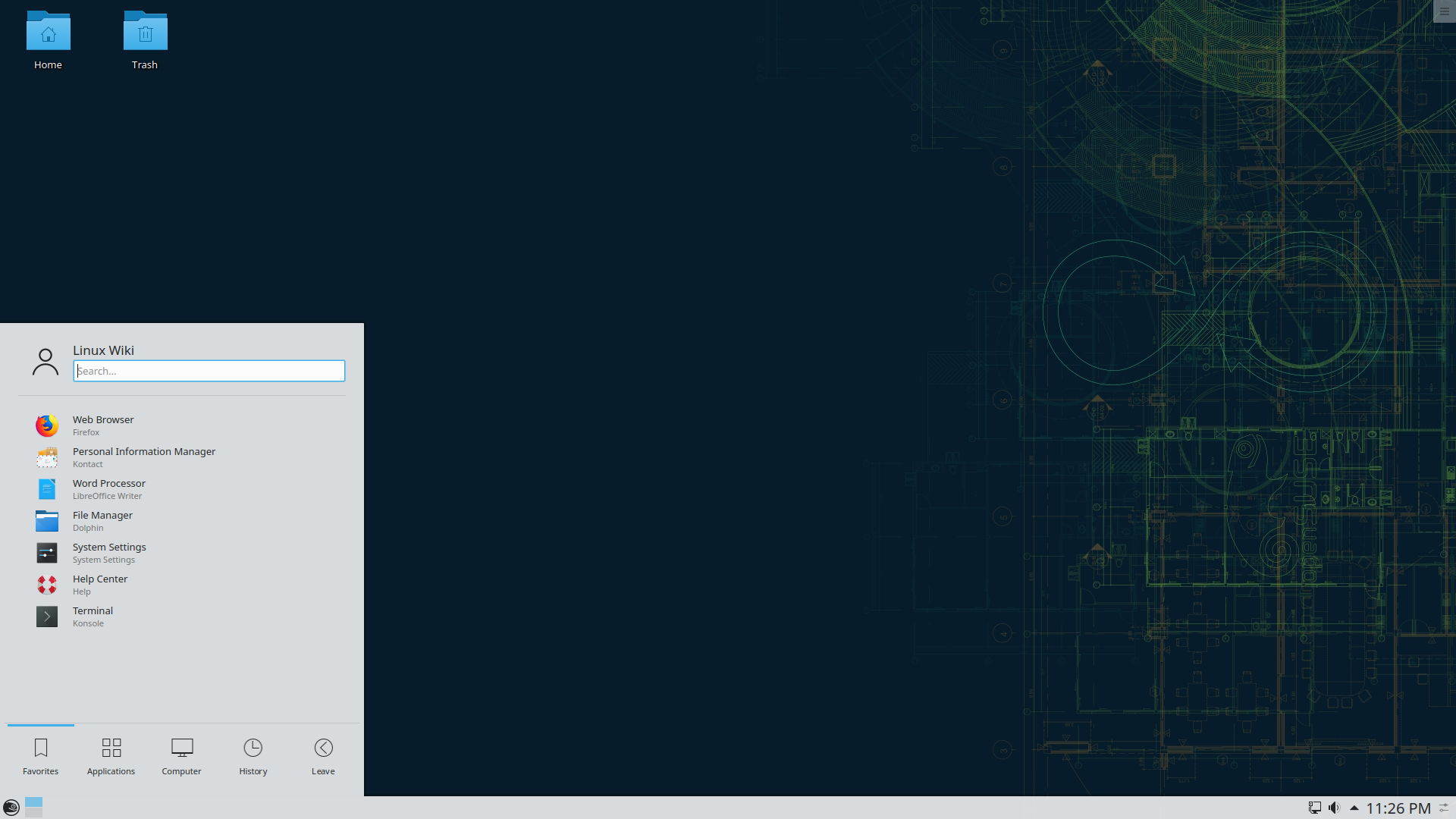
(Adobe Systems Incorporated) C:\Program Files (x86)\Common Files\Adobe\Adobe Desktop Common\ElevationManager\AdobeUpdateService.exe

(ASUS) C:\Program Files (x86)\ASUS\ATK Package\ATKGFNEX\GFNEXSrv.exe (ASUSTek Computer Inc.) C:\Program Files (x86)\ASUS\ATK Package\ATK Hotkey\AsLdrSrv.exe (Intel Corporation) C:\Windows\System32\igfxCUIService.exe (NVIDIA Corporation) C:\Windows\System32\nvvsvc.exe (Wenn ein Eintrag in die Fixlist aufgenommen wird, wird der Prozess geschlossen. Internet Explorer Version 11 (Standard-Browser: Chrome)Īnleitung für Farbar Recovery Scan Tool: hxxp://= Prozesse (Nicht auf der Ausnahmeliste) =
Lightzone x86 or amd64 windows 8.1#
Platform: Windows 8.1 (Update) (X64) Sprache: Deutsch (Deutschland) Geladene Profile: VincentV & (Verfügbare Profile: VincentV) These rules depend on stuff having a non-trivial constructor or destructor.ATTFilter Untersuchungsergebnis von Farbar Recovery Scan Tool (FRST) (圆4) Version: 14-08-2016ĭurchgeführt von VincentV (Administrator) auf VINCENT (15-08-2016 10:32:08) when a struct/class always needs to have an address and get passed by reference, even when it's small enough to pack into 2 registers. being an aggregate according to some definition), vs. This is relevant for example for what requirements a C++ struct/class need to be passed in registers (e.g. GCC and Clang (on all architectures) use the C++ ABI originally developed for Itanium. Wikipedia has an x86 calling conventions article which describes various conventions, but mostly not in enough detail to use them for anything other than simple integer args.
Lightzone x86 or amd64 pdf#
This is a separate PDF from his optimization and microarchitecture guides and instruction tables (which are essential reading if you care about performance.) Sys V, and the various conventions for 32-bit, and tips/tricks for writing functions you can use on either platform). System calls don't take FP or SSE/AVX vector args, or structs by value, so the function-calling convention is more complicated.Īgner Fog has a calling conventions guide (covering Windows vs. It also summarizes the function calling conventions for integer args. Related: What are the calling conventions for UNIX & Linux system calls (and user-space functions) on i386 and x86-64 describes the system-call calling convention for x86-64 SysV (as well as i386 Linux vs. The version on GitHub has clearer wording of a few things and bugfixes in some examples. (Although for example the ARM one only seems to document the ELF file layout, not the calling convention or process startup state.) is an outdated copy of the x86-64 psABI (0.99.7 from 2014). has psABI links for various non-x86 ISAs. The Processor Supplement (psABI) docs are designed as a supplement to the less-frequently-updated System V gABI (generic), hosted on SCO's website.Īlso hosts a copy of the gABI from 1997. GCC and/or clang now have some options to control that (TODO dig up what they were called), but the default is still the same as of 2022. Hopefully a future ABI revision will document that. Unofficially, sign-extending narrow args to 32-bit is required (for both i386 and amd64), because clang depends on it.

This breaks backwards compat with some hand-written asm that calls other functions.) I attempted a summary in a comment on GCC bug #40838. GCC ended up depending on -mpreferred-stack-boundary=4 16-byte alignment for its SSE code-gen (perhaps unintentionally), and eventually the ABI got updated for Linux to enshrine that as an official requirement. (Note that most non-Linux OSes use an older version of the i386 ABI which doesn't require 16-byte stack alignment, only 4.

Github also hosts a PDF of i386 ABI version 1.1. As of July 2022, the current version is still 1.0, with the word Draft being removed by late 2018. The last version on Github was x86-64 version 1.0 draft (January 2018). See also the x86 tag wiki for other guides / references / links. The GitLab repo auto-builds a PDF of the current x86-64 version, but not i386. The x32 ABI (32-bit pointers in long mode) is part of the x86-64 aka AMD64 ABI doc. Those pages have info on where revisions are discussed. Similarly the i386 psABI is a separate GitLab repo. The System V AMD64 psABI document is maintained as LaTeX sources on GitLab.


 0 kommentar(er)
0 kommentar(er)
